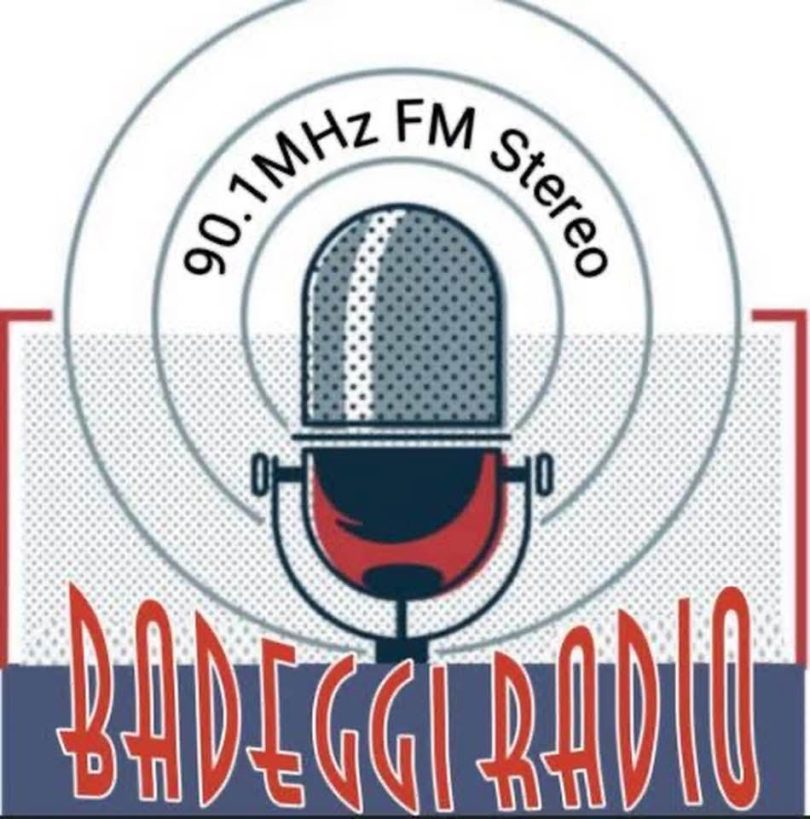The Lagos Chapter of the Society of Nigerian Broadcasters (SNB) has voiced grave concern
over increased attacks and interference aimed at broadcasters across Nigeria, warning that
such actions endanger democratic principles, hinder development, and weaken press freedom.
In a press statement released in Lagos, the SNB Chairman, Ayo Makinde, described the trend as “a dangerous threat to constitutional freedoms, national development, public trust, citizen participation in governance, and national development.”
“These are not isolated incidents,” Makinde stated. “They are symptoms of a systemic challenge to the role of the broadcast media as enshrined in Sections 22 and 39 of the 1999
Constitution. The media is tasked with holding government accountable and ensuring the free flow of information, rights now under threat.”
Makinde stressed that the threat to broadcast freedom comes from direct government action and the misuse of some laws, pointing to vague or broadly worded provisions in the
Nigerian Broadcasting Code, sections of the Cybercrimes Act, parts of the Terrorism
Prevention Act, and colonial-era Criminal and Penal Code offences such as sedition and criminal defamation. Even the Public Order Act, though not a media law, has been used indirectly to curtail the coverage of public protests and gatherings.
“These laws, while legitimate in their intent, have been applied in ways that intimidate rather than protect. The result is self-censorship by media houses that are afraid of losing their licences or facing punitive fines. Smaller stations, especially in rural areas, are particularly vulnerable, and weak monitoring systems make it harder for advocacy groups to intervene before damage is done,” Makinde said.
Makinde cited recent incidents as evidence of this increasing pressure. In August 2025, Niger State Governor Umar Bago threatened to shut down Badeggi FM 90.1 and demolish its premises when only the National Broadcasting Commission (NBC) has the legal authority to revoke licences. The authorities also suspended the Acting General Manager of Legacy FM 95.1, Godfrey Chikwere, over criticisms of Governor Francis Nwifuru’s administration in Ebonyi State. In April 2024, Channels Television faced heavy scrutiny after broadcasting an interview
“We have seen them before”, Makinde said. “From the demolition of RayPower FM and AIT transmission masts in Rivers State in 2023, to the NBC’s controversial suspension of AIT and
RayPower licences in 2019, to the ₦5 million fines imposed on stations, including Trust TV, in 2022 over documentaries on insecurity.”
The SNB Chairman warned that such actions have far-reaching consequences beyond the media industry. “When you silence broadcasters, you weaken public trust, limit citizen participation in governance, and slow national development. A nation that limits access to information also limits its ability to grow,” he stated.
Despite the challenges, the Lagos SNB Chair maintained that broadcasters have enough professional tools to navigate these pressures without compromising their constitutional mandate. He cited adherence to professional ethics, strengthening legal literacy among practitioners, adopting multiplatform broadcasting to reduce dependency on a single channel, and engaging audiences to build public solidarity.
While broadcast practitioners are not infallible, every reasonable professional, individual, or institution has internal mechanisms to manage errant professionals. The SNB, NUJ, and NGE are also accessible across Nigeria to standardise the practice professionally. The sustainable path for any government is good governance and genuine open communication, not silencing critical voices. Dialogue builds stability; censorship breeds mistrust,” Makinde concluded.

